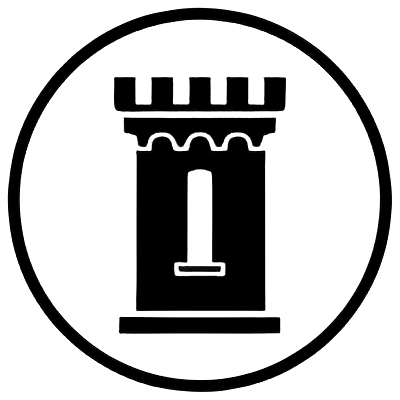SCOTLAND'S FIRST LOCKDOWN IN 1350 - PLAGUE
Added on 23 October 2021
THE FOLLOWING ARTICLE is written by Scottish Castles Association member Brian McGarrigle:-
‘In 1350, there was a great pestilence and mortality of men in the kingdom of Scotland and this pestilence also raged for many years before and after in various parts of the world. So great a plague has never been heard of from the beginning of the world to the present day or been recorded in books’. (John of Fordoun, Aberdeen).
Known as the Bubonic Plague, it swept across Europe arriving in England in 1348. The Scots, bemused, looked across the border where the ‘English Disease’ was causing such havoc. They attributed it to God’s vengeance upon a sinful nation. England’s weakness was Scotland’s opportunity. In 1349 an army gathered at Selkirk to raid Durham.
An English chronicler (Henry Knighton) records the fateful outcome: ‘A fierce mortality came upon them, and the sudden cruelty of a monstrous death winnowed the Scots. Within a short space of time, around 5,000 of them had died and the rest, weak and strong alike, decided to retreat to their own country’.
The returning army brought the disease to Scotland where it immediately took hold.
‘At God’s command, moreover, the damage was done by an extraordinary and novel form of death. Those who fell sick of a kind of gross swelling of the flesh lasted for barely two days. This sickness befell people everywhere but especially the middling and lower classes, rarely the great. It generated such horror that children did not dare to visit their dying parents nor parents their children, but fled for fear of contagion as if from leprosy or a serpent’. (John of Fordoun)
In the autumn, the plague appeared to slacken but the cold Scottish winter of 1349-50 provoked a renewed outbreak, this time with the complication of septicaemia. The Book of Pluscarden records that it: ‘Attacked with inflammation and lingered barely four and twenty hours.’
Apart from Fordoun, accounts of the plague in Scotland are strangely absent which has led some to speculate that it was less virulent there, but this cannot be substantiated. Certainly the canons of St Andrews, and (perhaps) Glasgow Cathedral, contracted the ‘peste’. Allow John of Fordoun the right of reply: ‘Fully a third of the human race was killed.’
 Home
Home